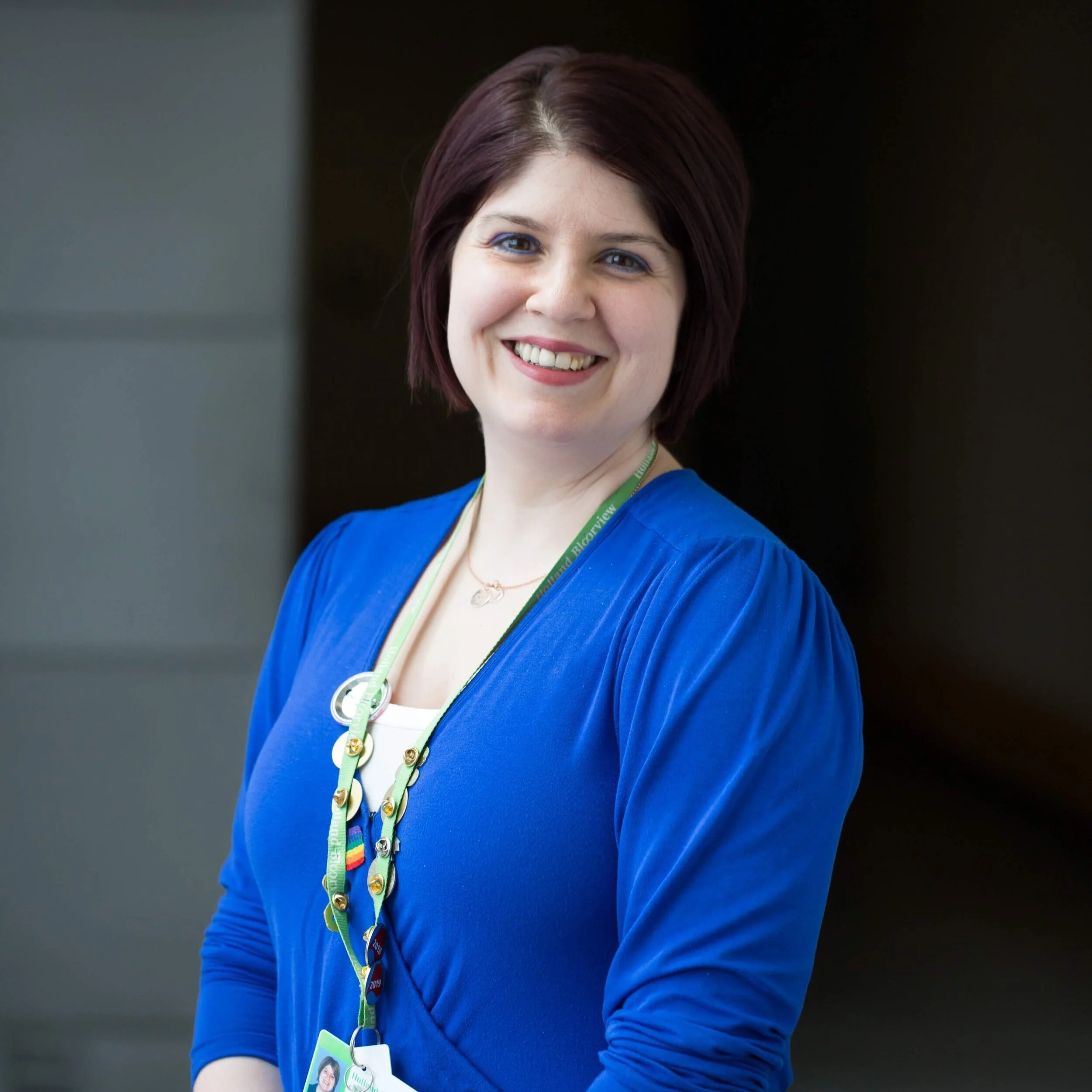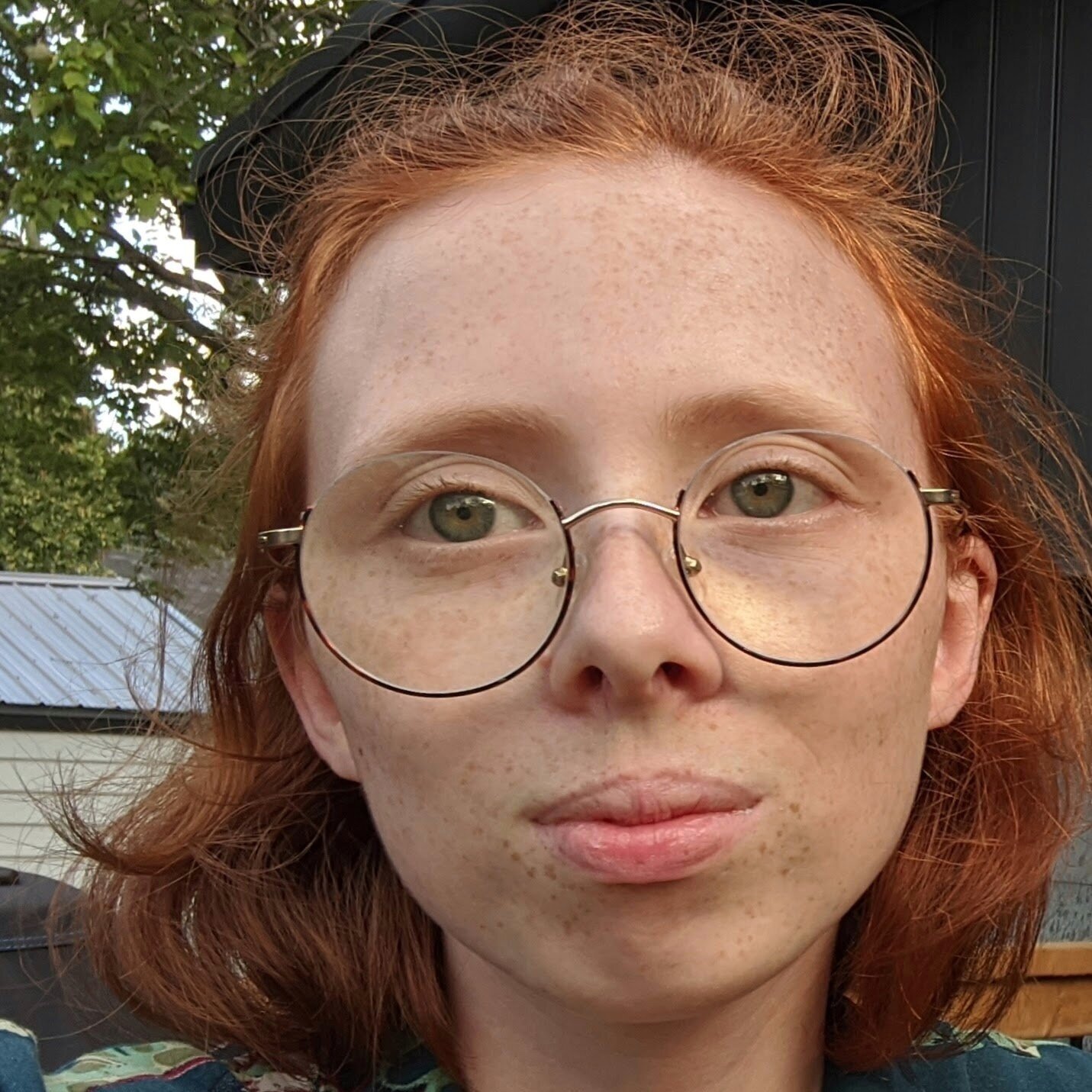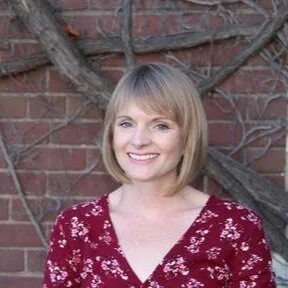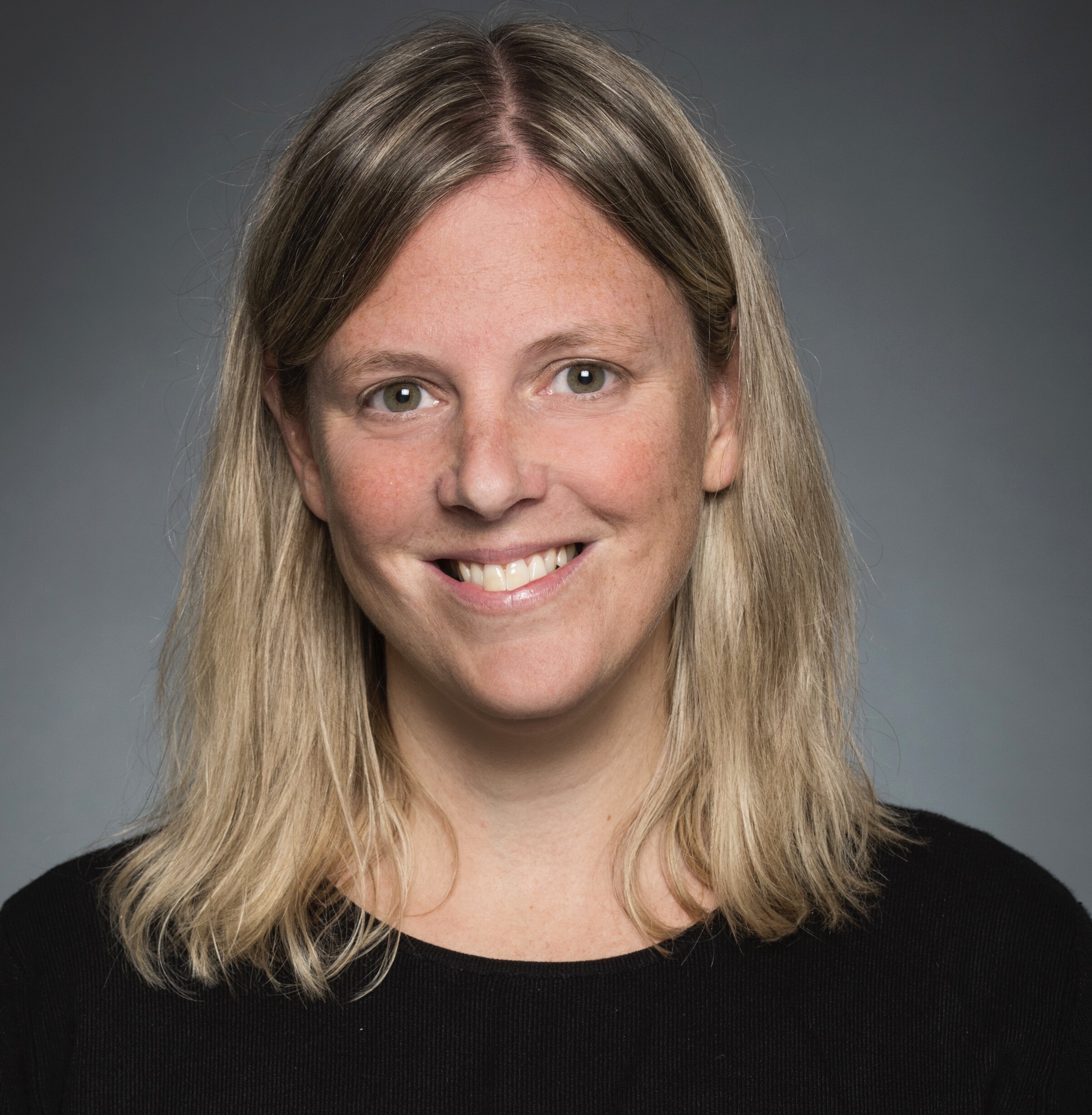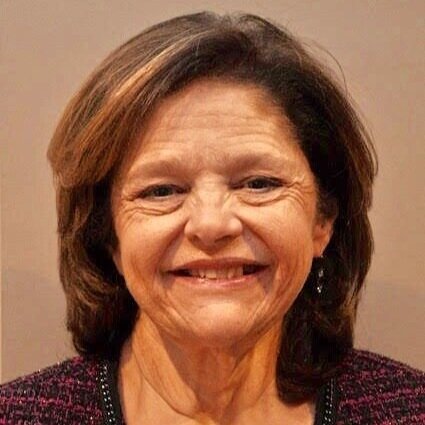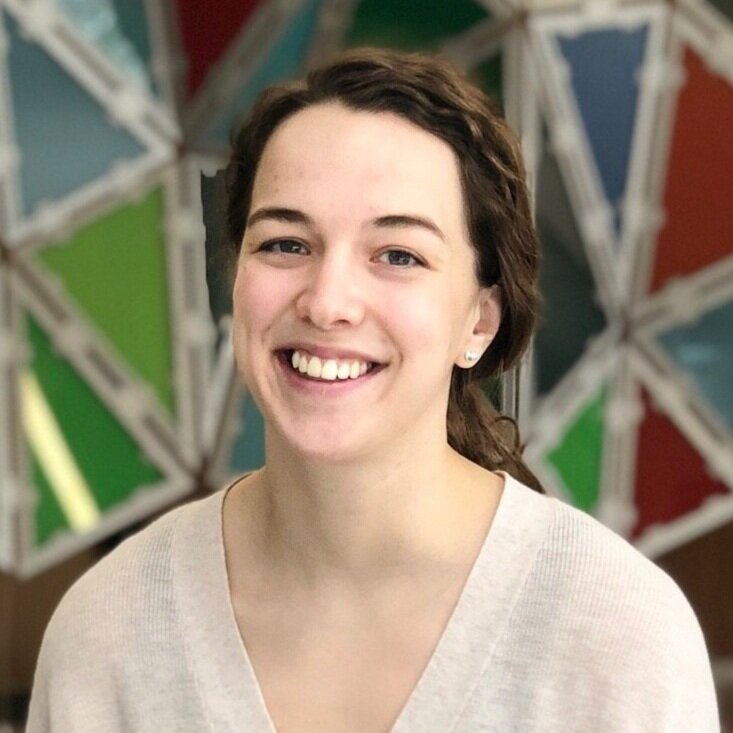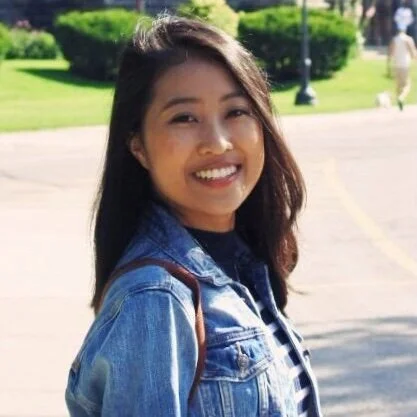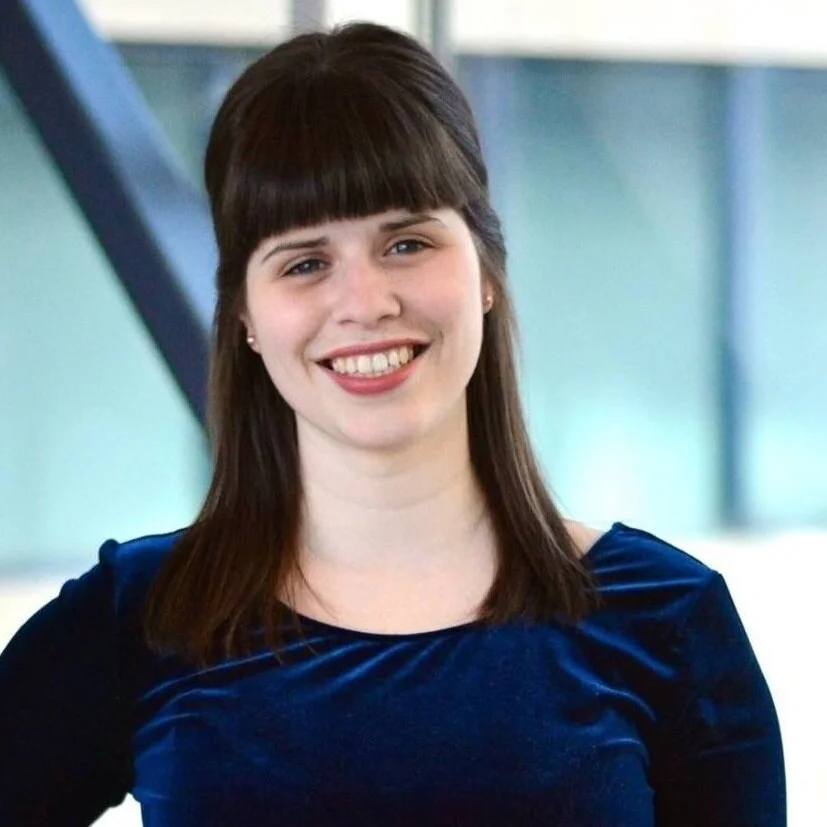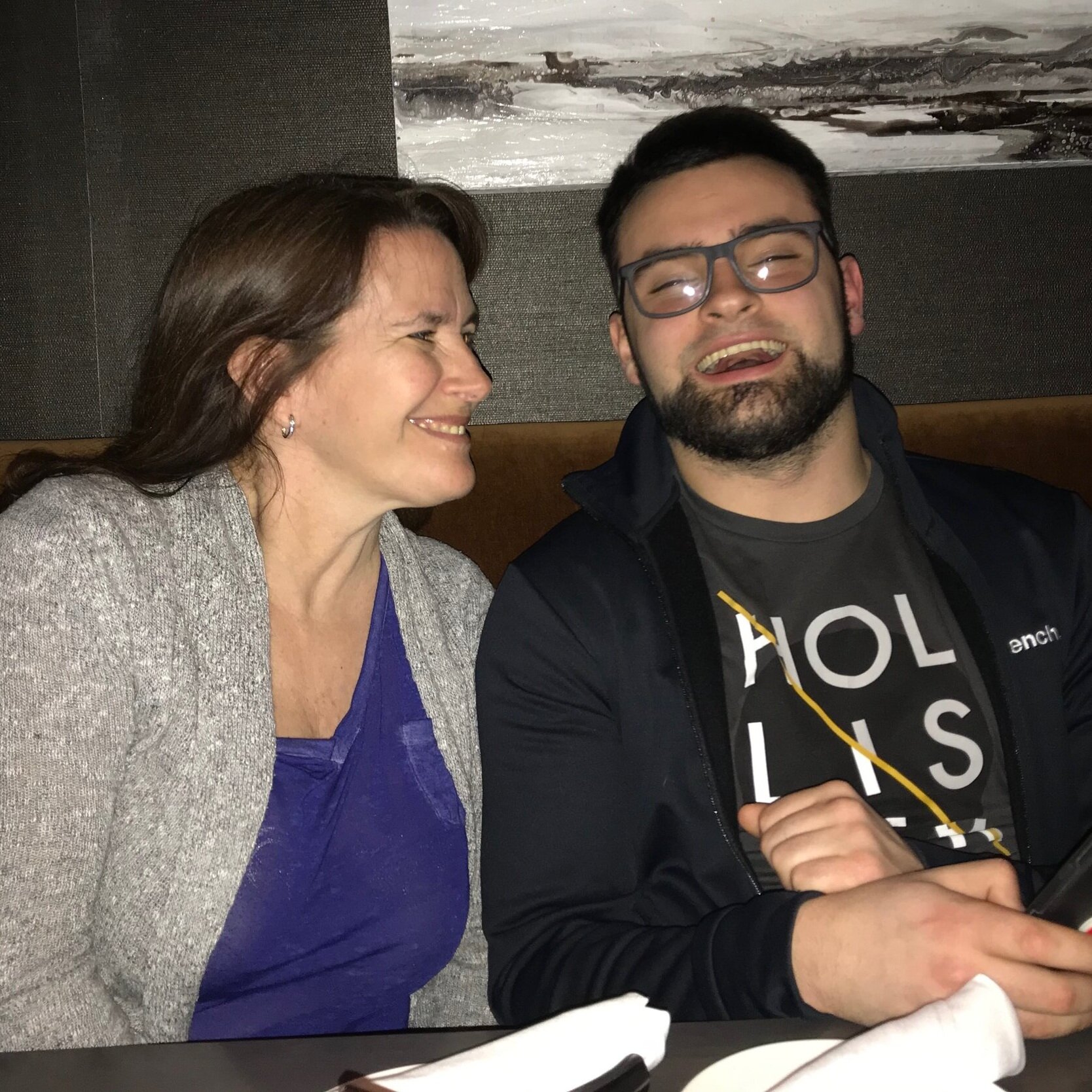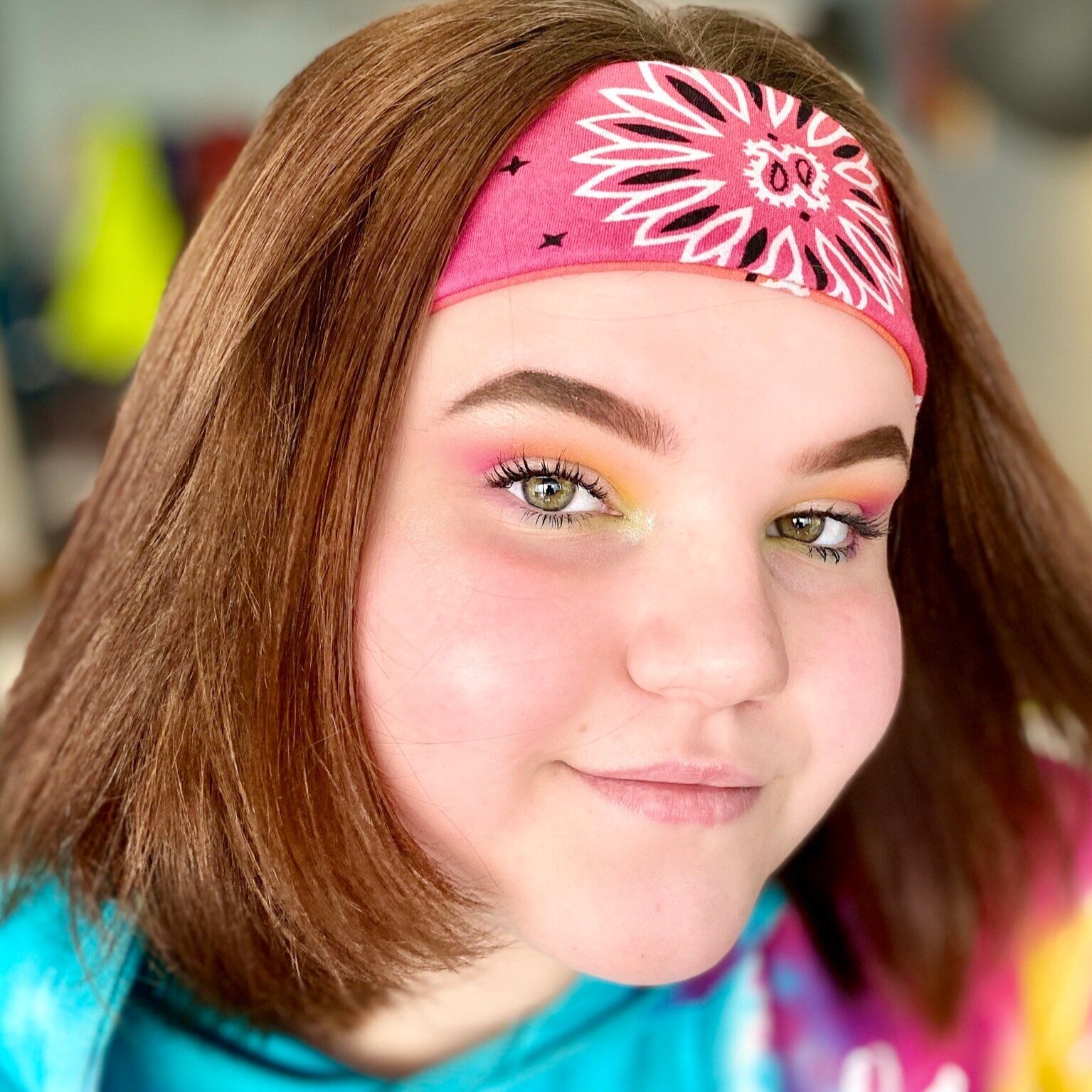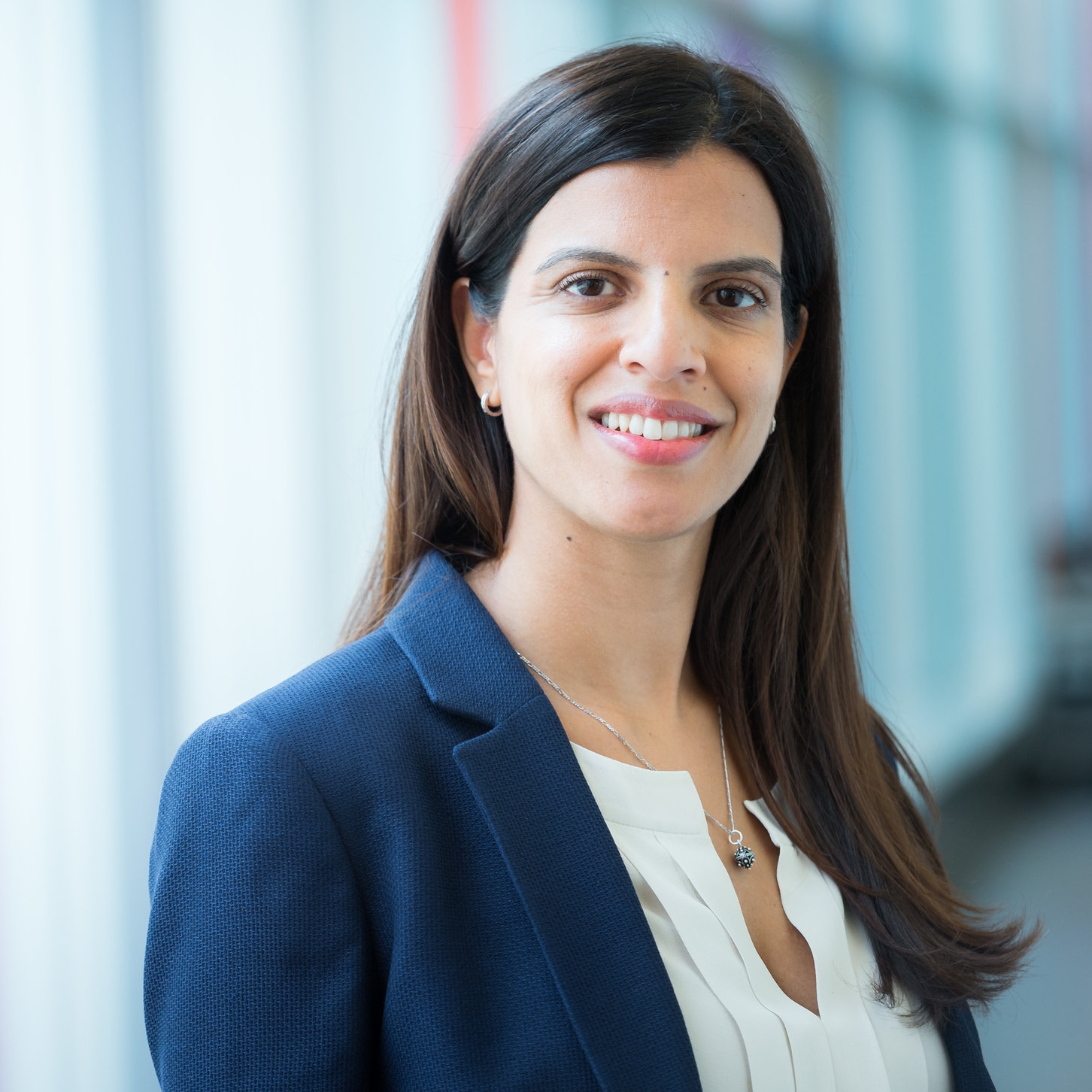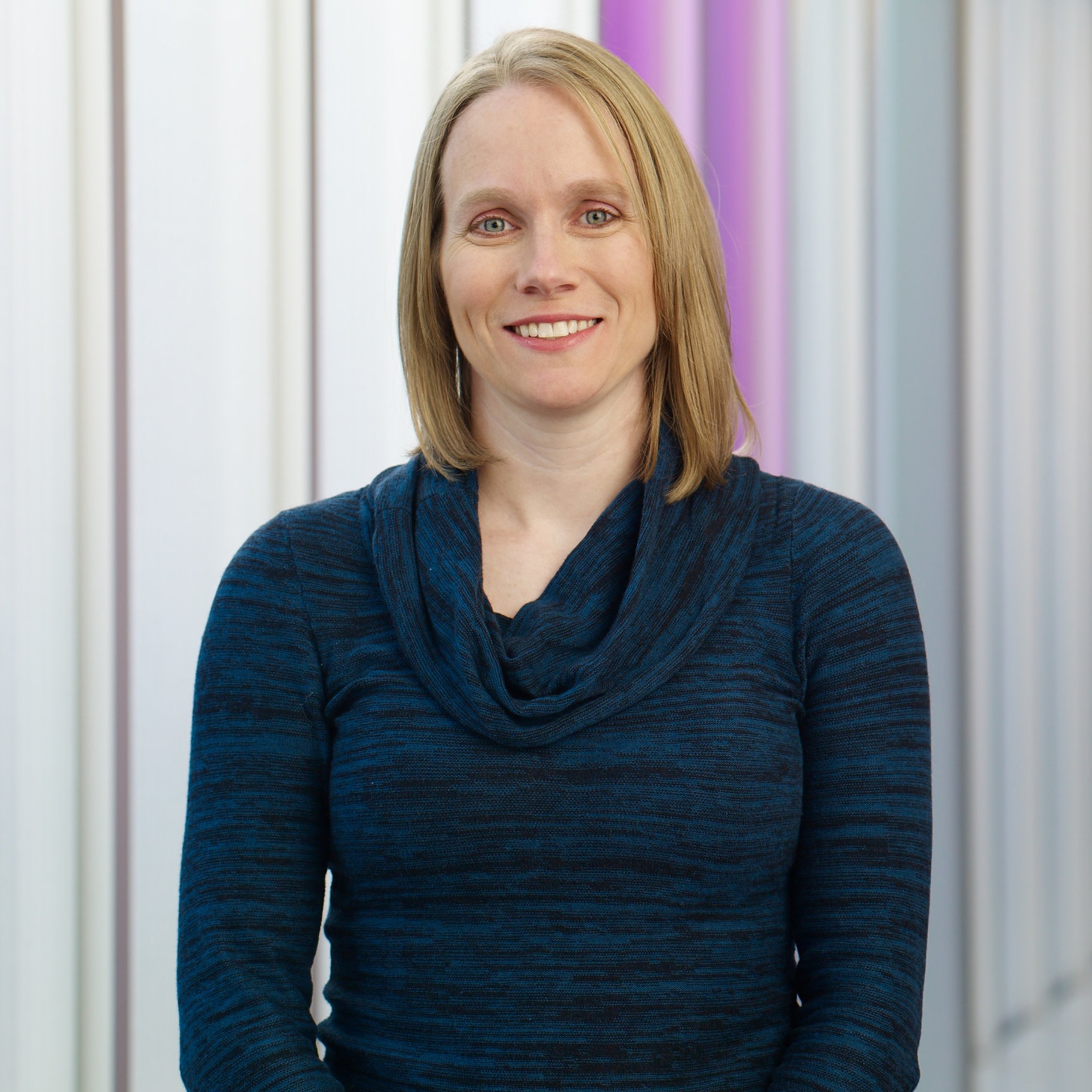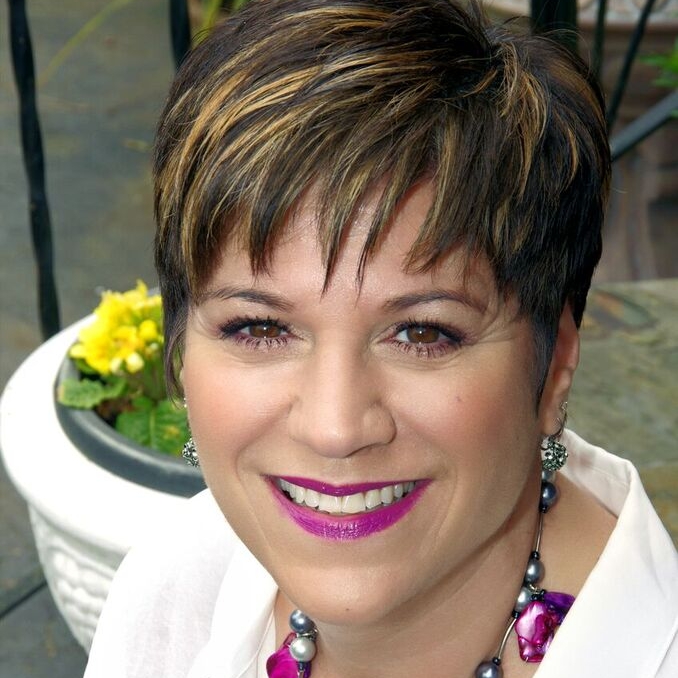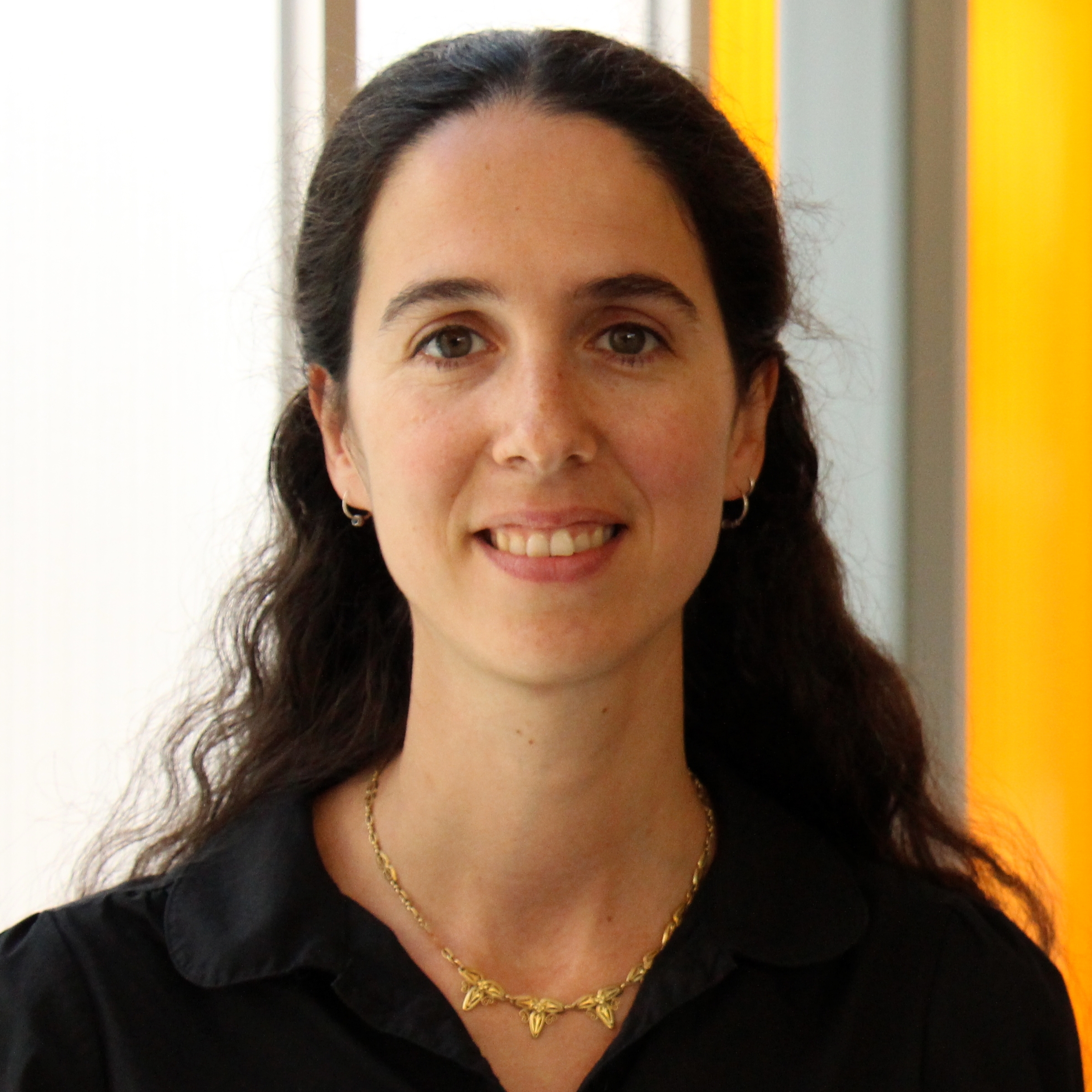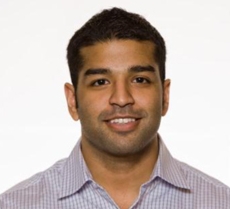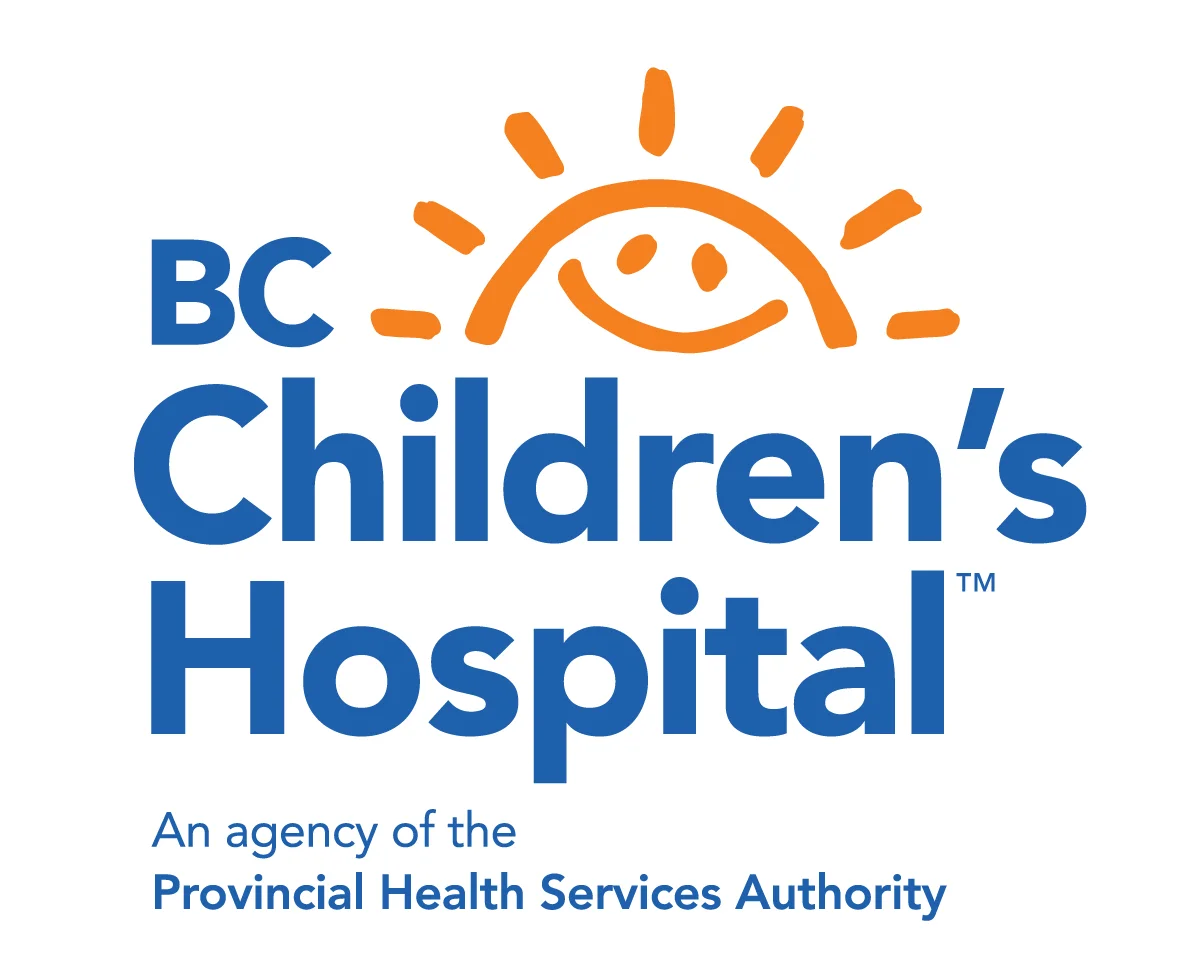We are pleased to announce the two winning teams of our 2021 CHILD-BRIGHT KT Innovation Incubator competition: the Let’s go to the Library team and the CommuniKIDS team. Read more about each team below.
What is Let’s go to the Library?
The Let’s go to the Library team will use the KT Innovation Incubator grant to create a digital library containing a series of brief storybooks on different sexuality topics for pre-teens to read alone or with their parents. Youth interviews, child-generated art, and inclusive images will be used throughout the storybooks to promote engagement. Content will be underpinned by the Ontario sexual education curriculum and disability-specific guidelines.
More specifically, the team will:
Gather information from target sources and organize it into key themes/topic areas
Design and develop the storybooks in collaboration with stakeholders, a graphic designer, and a videographer
Host the storybook on an existing hospital website for easy access to the resources.
Meet the team:
Let’s go to the Library is led by Amy McPherson (Senior Scientist at Bloorview Research Institute and Associate Professor at the University of Toronto) and Christine Provvidenza (Knowledge Translation Lead, Evidence to Care at Holland Bloorview Kids Rehabilitation Hospital).
Other project team members include:
Alison Engel-Yan (Parent collaborator, passionate advocate for increasing access to sexuality-related resources for children with disabilities and member of the Family Leadership Program at Holland Bloorview)
Nelson Ainsley and Makumbu Lumbu (Lived experience collaborators)
Amanda Landry and Charise MacDonald (Occupational therapists at Holland Bloorview)
Lindsay King (Social worker at Niagara Children’s Hospital)
Madison Giles (PhD trainee and research assistant)
Jennie Williams (Enhance the UK, dissemination partner).
What is CommuniKIDS?
The CommuniKIDS team will use the KT Innovation Incubator grant to develop a freely-accessible bilingual trial results communication tool (“CommuniKIDS”) in collaboration with youth and families impacted by different forms of child disability.
More specifically, the project will:
Work with youth and families to determine what their specific informational needs and preferences are for receiving trial results, including what to communicate (i.e., content), by whom, how, and when this information should be communicated
Hold workshops with youth and families with lived experience of rare genetic disorders associated with child disability to answer these questions and to co-develop guidance and templates for researchers to use for sharing pediatric trial results with participants
Obtain and incorporate feedback on CommuniKIDS from trialists and Clinical Trials Ontario (CTO), making sure CommuniKIDS is acceptable for use by researchers and research ethics boards.
Meet the team:
The CommuniKIDS project is led by:
Nancy Butcher (child health researcher, INFORM-RARE trial methodologist at the Hospital for Sick Children, and Assistant Professor of Psychiatry at the University of Toronto)
Beth Potter (epidemiologist and Associate Professor of Epidemiology at the University of Ottawa)
Dawn Richards (Director of Patient and Public Engagement, CTO, who co-led the development of CTO’s trial results tool)
Maureen Smith (experienced patient engagement leader and advocate)
Nicole Pallone (patient-partner and parent of a child with a rare metabolic disease)
Shelley Vanderhout (registered dietitian and post-doctoral research fellow at the University of Ottawa)
Martin Offringa (neonatologist, child health researcher at the Hospital for Sick Children, and Professor of Pediatrics at the University of Toronto)
Ami Baba (Clinical Research Project Manager at SickKids).
Congratulations to both winning teams!
We would also like to thank all the applicants of our CHILD-BRIGHT KT Innovation Incubator grant competition as well as our review panel, which was composed of parents, researchers, clinicians, educators, trainees, and youth with expertise in KT research, childhood disability research, occupational therapy, mental health services, communications, and advocacy.







